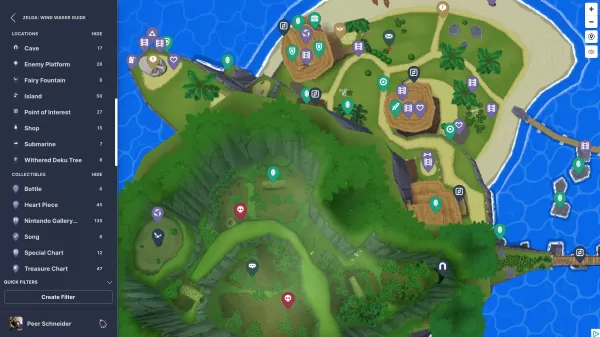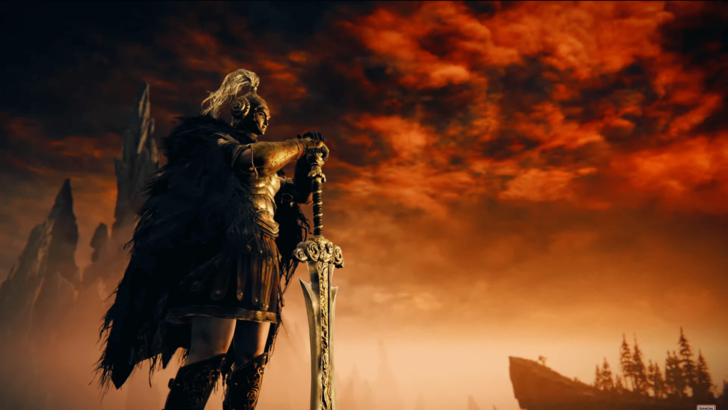
In today's rapidly evolving gaming industry, Bandai Namco's European CEO, Arnaud Muller, has shed light on the complexities of planning new IP releases. Discover the challenges and strategies outlined by Muller in his recent statements.
There are Risks in Developing New IPs in a Crowded Market, Said Bandai Namco EU CEO
Rising Costs and Unpredictable Release Schedules Create Uncertainty
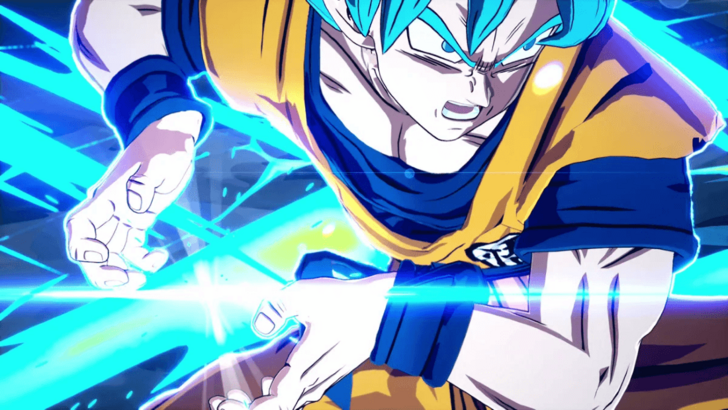
2024 has been a pivotal year for the video game industry, with Bandai Namco navigating through economic uncertainties and a highly competitive release schedule. In a candid interview, Arnaud Muller, the European CEO of Bandai Namco, discussed the challenges and opportunities that lie ahead for game publishers.
Despite the company's strong financial performance this year, driven by successes like the Elden Ring expansion, Shadow of the Erdtree, and the much-anticipated DRAGON BALL: Sparking! ZERO, Muller emphasized that the future is fraught with challenges. While 2024 is considered a "year of stabilization" post the industry-wide layoffs and market adjustments following the "COVID years," the long-term issues of game development and release planning remain a significant concern.
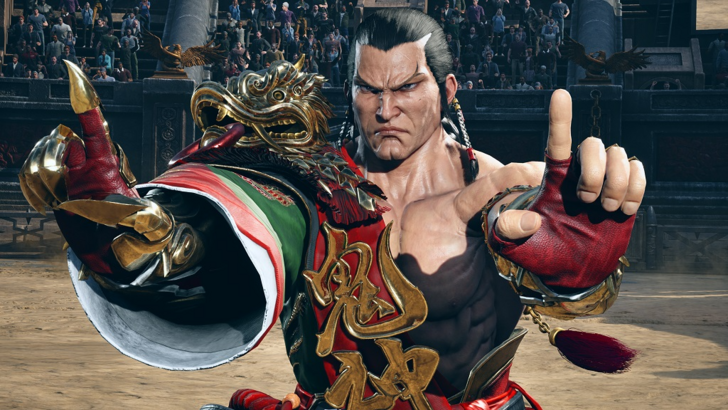
In his interview with GameIndustry.biz, Muller highlighted Bandai Namco's commitment to a "balanced risk approach" in managing their game pipeline. This strategy takes into account investment levels, the capability to develop certain games, and the potential of both existing and new IPs within targeted market segments. Muller acknowledged the shifting landscape of "safe bets" in the industry.
"Are there safe bets today in the market? I believe yes," Muller stated. "But… launching a new IP has become more and more difficult." The escalating costs and extended timelines of game development mean that potential overspending and delays must be anticipated from the start. Failure to do so, according to Muller, can lead to "some bad surprises."
The unpredictability of release schedules further complicates the situation. With 2025 set to see releases like Monster Hunter Wilds, Avowed, Ghost of Yōtei, and possibly a new Switch console, Muller questioned the feasibility of these timelines: "How many of these games will come on time?... We are no different to everybody else."
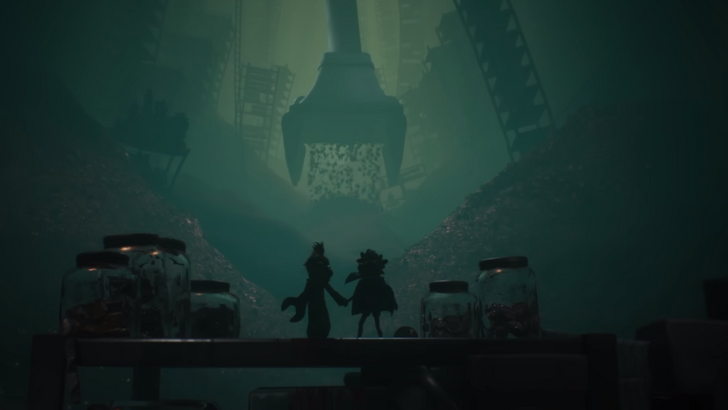
Muller sees some security in focusing on established genres and IPs, such as the upcoming Little Nightmares 3. "We believe that… there is an audience that is interested in our portfolio, that is loyal to some of our IP, and that will be interested in buying our games," he explained.
However, Muller cautioned that even established franchises are not immune to changing market dynamics. Player preferences can shift, and past successes might not guarantee future performance. New IPs, with their high development costs and the crowded market, face even greater risks of commercial failure. "Little Nightmares 3… has a fanbase that hopefully will be interested in playing that game, irrespective of whether GTA comes in 2025 or not," Muller added.
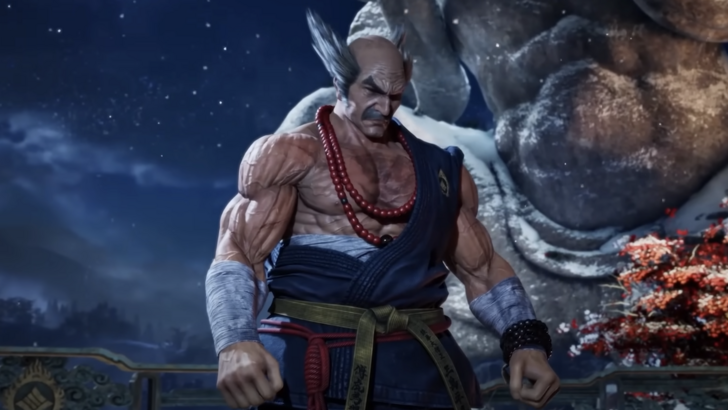
Muller labeled 2024 as a "year of stabilization" for the industry, but emphasized the need for three key factors to propel significant market growth: a favorable "macroeconomic environment," a robust platform and install base, and the potential of emerging markets like Brazil, South America, and India.
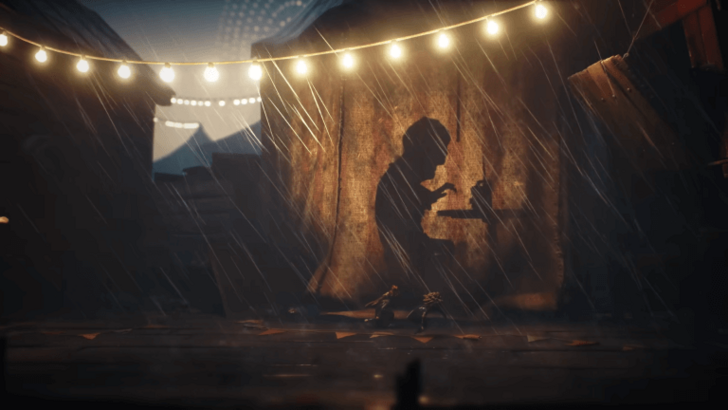
Addressing the potential impact of the upcoming Switch 2, Muller affirmed Bandai Namco's platform-agnostic approach. "Our games are mostly available on all platforms, and Switch has always been an important platform to us… Whenever a new console comes out from Nintendo, we’ll be ready to invest there."
Despite the challenges, Muller remains hopeful about the future. He believes that if the planned 2025 game releases come to fruition, "then obviously, I don’t see how the market wouldn’t grow next year."

